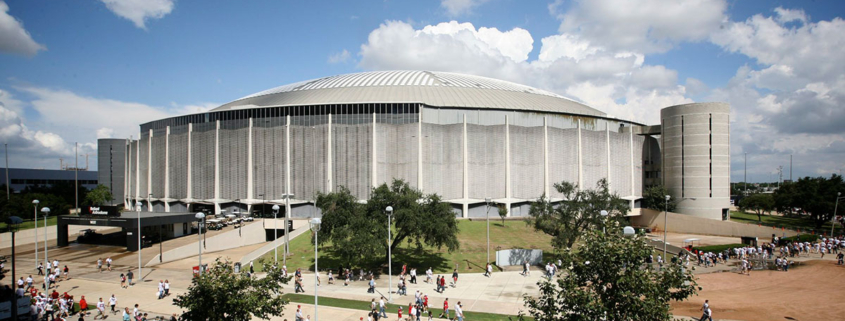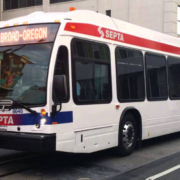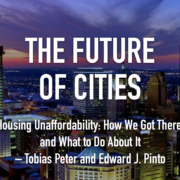Astrodome as World’s Largest Climate-Controlled Festival Park, Smart Traffic Lights and more
The lead item this week is the Astrodome Conservancy’s survey and public engagement on the future of the Astrodome. I’ve made a *lot* of posts over the years on the Astrodome – so many that I recently discovered the Astrodome tag on my blog only shows posts back to 2015 but not before. Before that I found them in 2014 (twice), 2013 (twice), 2012, and even as far back as 2005. After all of that debate, the best affordable solution I’ve settled on is the world’s largest climate-controlled park with a focus on weekend festivals. People love going to parks, but not during Houston’s extreme weather, especially summers. Having an activated park full of activities and festivals on weekends that is always protected from heat and rain would be a very popular spot for Houstonians, especially families desperate to find affordable activities every weekend (minus Texan home games or the Rodeo). And it could easily start very modestly and then expand over time with parking fees + philanthropy, like has been happening with the Zoo, MFAH, and HMNS. Imagine Levy Park + Discovery Green x10… or The Gathering Place in Tulsa (pictures)… pretty cool, right?! Be sure to let them know your own thoughts here.
Moving on to some smaller items this week:
- NYT: Smarter Traffic Lights, Calmer Commuters. Holy crap Houston needs this! I think Uptown and TMC would be really good test cases. The AI could learn optimal traffic light timings based on time-of-day as well as make dynamic adjustments for unexpected surges.
- Cities Spending the Most on Eating Out in 2020. We found that Houston, Texas ranks #11 for spending their annual income at restaurants. Houston residents spend an average of $357 each month on eating out and 5.7% of their annual income at restaurants. Houstonians spend about the same amount eating out vs. in. We eat out a lot, but at low prices. We eat out a lot more than Dallas residents, which surprised me a bit until you think about how hyper-competitive Houston’s restaurant scene is from the lack of zoning. That hyper-competition applies to grocery stores as well, which shows up in how much less we’re able to spend on food than most of the cities in their graph. Houstonians spend $300 less per year on groceries than the average American, but $1,000/year more on eating out due to the high incomes and great affordable restaurants here.
- City Journal: End of the Road for Parking Requirements – They serve as a tax on housing. Houston has been expanding its “market-driven parking” zone beyond downtown to Midtown and EaDo, and hopefully to additional areas in the future. Let developers decide how much parking they need, not arbitrary formulas. Hat tip to Jay.
- This makes me nauseous. Planners actually like tight zoning regulations like high minimum parking requirements so they can extort more out of the developer to relax them!
This piece first appeared at Houston Strategies.
Tory Gattis is a Founding Senior Fellow with the Center for Opportunity Urbanism and co-authored the original study with noted urbanist Joel Kotkin and others, creating a city philosophy around upward social mobility for all citizens as an alternative to the popular smart growth, new urbanism, and creative class movements. He is also an editor of the Houston Strategies blog.









